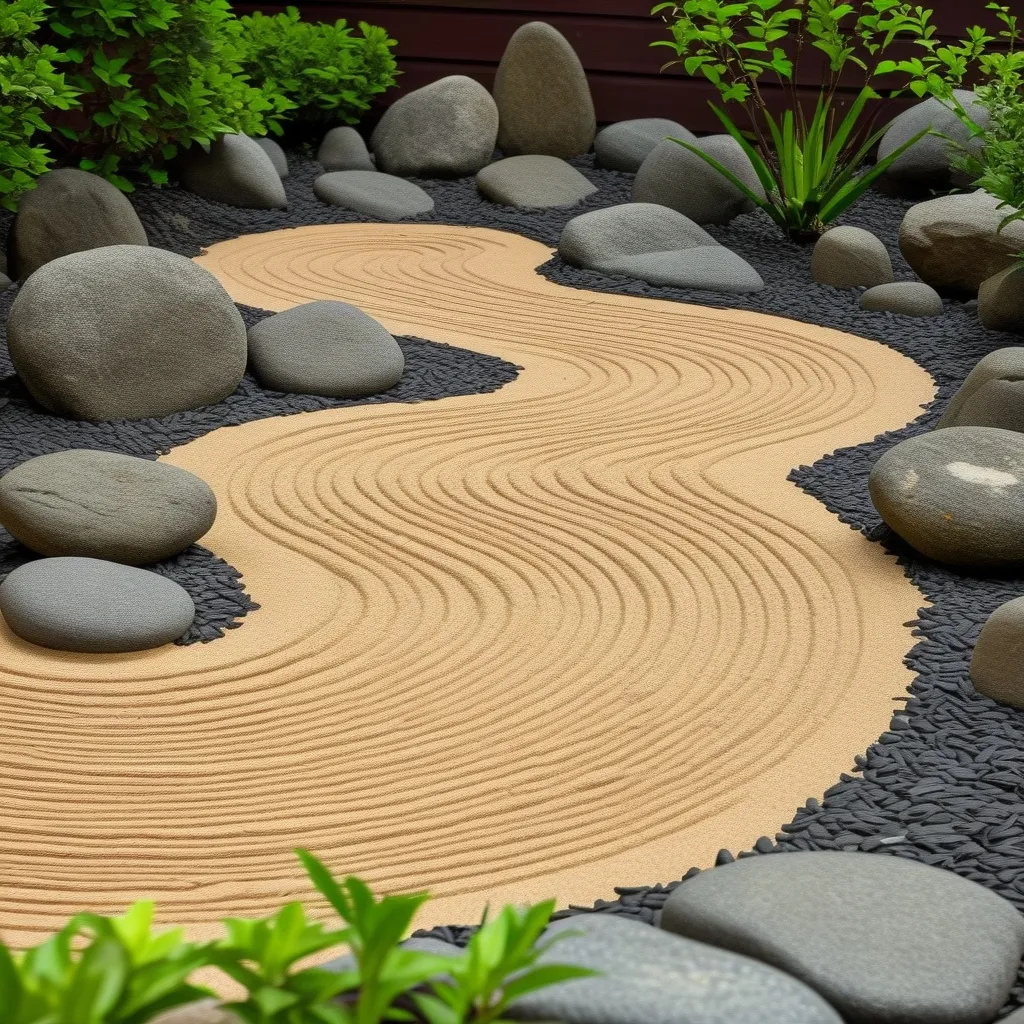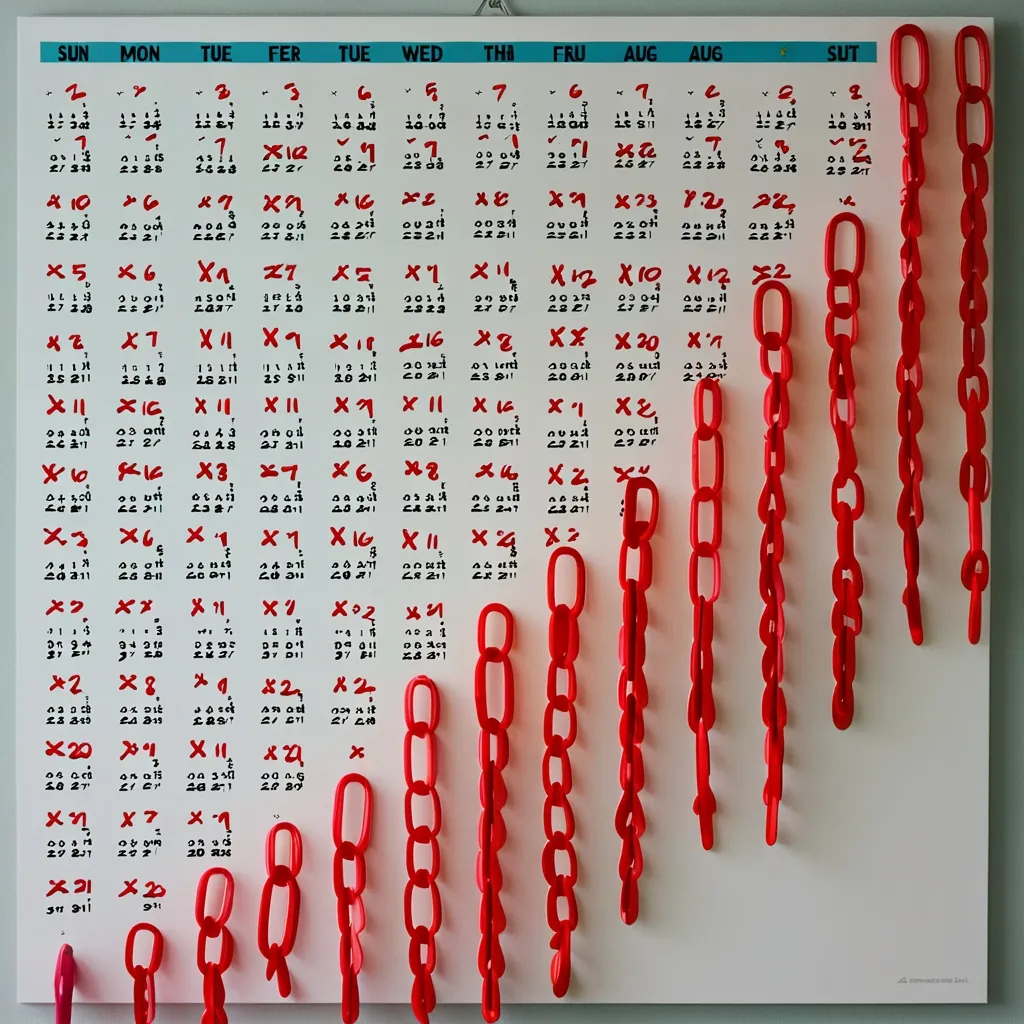The Art of Strategic Pausing: Unlocking Success Through Intentional Breaks
In our fast-paced world, it’s easy to get swept up in the whirlwind of tasks and responsibilities. We’re constantly connected, always on the go, and often feel like we’re running on a never-ending treadmill. But what if I told you that the key to achieving more and feeling better isn’t about doing more, but about strategically doing less? Welcome to the world of strategic pausing.
Now, I know what you’re thinking. “Pausing? I don’t have time for that!” But hear me out. Strategic pausing isn’t about slacking off or avoiding work. It’s about creating intentional breaks in your day to reflect, reconnect, and recharge. And trust me, it’s a game-changer.
Think about it like this: when was the last time you felt truly refreshed and ready to tackle your to-do list? If you’re like most people, it’s probably been a while. That’s because we’ve been conditioned to believe that constant activity equals productivity. But here’s the truth: our brains aren’t designed to work non-stop. They need regular breaks to function at their best.
So, what exactly is a strategic pause? It can be as short as a few minutes of mindfulness or as long as a vacation. The key is that it’s intentional. You’re not just scrolling through social media or zoning out in front of the TV. You’re purposefully stepping away from your tasks to give your mind and body a chance to reset.
Let’s talk about why this is so important. First off, it’s crucial for your mental health. We’ve all heard about burnout, right? That feeling of exhaustion, cynicism, and reduced efficiency that comes from chronic workplace stress. Well, strategic pausing is like a shield against burnout. By taking regular breaks, you’re giving yourself the opportunity to rest and rejuvenate before you hit that breaking point.
But it’s not just about avoiding the negative. Strategic pausing can actually enhance your performance. When you step away from a problem, you give your subconscious mind a chance to work on it. That’s why so many great ideas come to us in the shower or on a walk. We’re not actively thinking about the problem, but our brains are still churning away in the background.
And let’s not forget about creativity. Some of the world’s greatest inventions and discoveries have come during moments of rest. Remember the story of Archimedes and his “Eureka!” moment in the bathtub? He wasn’t sitting at his desk, furiously scribbling equations. He was taking a break, and that’s when inspiration struck.
Now, I know what some of you might be thinking. “But if I take breaks, won’t I fall behind?” Actually, the opposite is true. By taking strategic pauses, you’re sharpening your focus and improving your efficiency. It’s like sharpening a saw. You could keep sawing with a dull blade, but you’ll get much better results if you take a moment to sharpen it first.
So, how can you incorporate strategic pausing into your day? It’s easier than you might think. Start small. Try taking a five-minute break every hour to stand up, stretch, and take a few deep breaths. Or maybe start your day with a short meditation session. Even just closing your eyes and focusing on your breath for a minute can make a big difference.
For longer breaks, consider implementing a “no meeting day” once a week. Use this time to focus on important tasks without interruptions. Or take a proper lunch break away from your desk. Eat mindfully, go for a short walk, or chat with a colleague about something non-work related.
And don’t underestimate the power of a good vacation. I know, I know, it can be hard to step away from work for an extended period. But trust me, the benefits are worth it. You’ll come back refreshed, recharged, and ready to tackle new challenges with renewed energy.
Now, let’s talk about the impact of strategic pausing on leadership. If you’re in a leadership position, your habits don’t just affect you – they affect your entire team. When you model healthy pause habits, you’re creating a culture where it’s okay to take breaks. This can lead to a more productive, creative, and satisfied team.
But it goes beyond just setting an example. By stepping back, you’re giving your team space to step up. You’re empowering them to take ownership of tasks and develop their skills. This not only enhances team performance but also frees up your time to focus on high-level strategic thinking.
Speaking of strategic thinking, that’s another huge benefit of pausing. When we’re constantly in the weeds, it’s hard to see the big picture. By taking a step back, we can gain perspective on our goals, challenges, and opportunities. This allows us to make more informed decisions and develop more effective strategies.
Think of it like climbing a mountain. When you’re on the path, all you can see are the rocks and trees immediately around you. But if you pause and climb to a nearby overlook, suddenly you can see the entire landscape. You might spot a better route or notice an obstacle you hadn’t seen before. That’s what strategic pausing does for your work and life.
Now, I want to address a common concern I hear: “But what if I pause and miss something important?” In our always-on, FOMO-driven world, this is a real fear. But here’s the thing: by constantly reacting to every ping and notification, we’re actually missing out on the most important thing – our own thoughts and insights.
When we’re always responding to external stimuli, we’re not giving ourselves time to process information, generate ideas, or make connections. Strategic pausing creates space for these crucial mental processes. It’s not about missing out; it’s about tuning in to what really matters.
And let’s talk about resilience. In today’s unpredictable world, the ability to adapt and bounce back from setbacks is crucial. Regular pausing builds this resilience. It’s like charging your batteries. The more fully charged you are, the better equipped you’ll be to handle whatever challenges come your way.
So, how do you start incorporating strategic pauses into your life? Here are a few practical tips:
-
Start your day with intention. Before you dive into your to-do list, take a few minutes to breathe deeply and set your intentions for the day.
-
Use the Pomodoro Technique. Work for 25 minutes, then take a 5-minute break. After four cycles, take a longer break.
-
Practice mindful eating. Instead of scarfing down lunch at your desk, take time to really enjoy your food without distractions.
-
Take a nature break. Spend a few minutes outside each day, even if it’s just standing in your backyard or looking out a window.
-
Implement a “pause button” in meetings. When discussions get heated or circular, call a brief timeout for everyone to take a breath and reset.
-
Schedule “think time” on your calendar. Treat this time as you would any other important appointment.
-
Disconnect before bed. Set a cutoff time for screens and spend the last hour of your day on relaxing activities.
Remember, the goal isn’t to completely overhaul your life overnight. Start small and be patient with yourself. Like any new habit, strategic pausing takes practice.
As you begin to incorporate these pauses into your routine, pay attention to how you feel. You might notice that you’re less stressed, more creative, and better able to focus. You might find that you’re making better decisions and feeling more satisfied with your work.
And here’s the really cool part: as you get better at pausing, you’ll start to notice opportunities for micro-pauses throughout your day. Maybe it’s taking a deep breath before responding to a difficult email, or pausing to appreciate a beautiful sunset on your commute home.
These small moments of mindfulness can add up to big changes in how you experience your day-to-day life. They can help you stay grounded in the present moment, rather than constantly worrying about the future or ruminating on the past.
In conclusion, strategic pausing isn’t just a time management technique – it’s a way of life. It’s about creating space in your day for reflection, rejuvenation, and growth. It’s about working smarter, not harder. And most importantly, it’s about taking care of yourself so you can show up as your best self in all areas of your life.
So, the next time you feel overwhelmed or stuck, remember the power of the pause. Take a deep breath, step back, and give yourself permission to rest. You might be surprised at how much more you can achieve when you take the time to do nothing at all.






